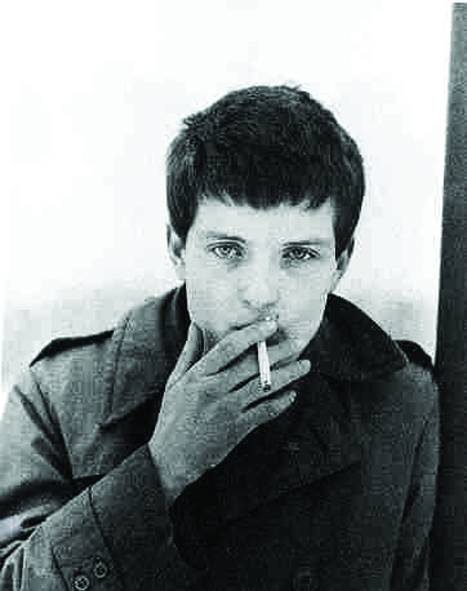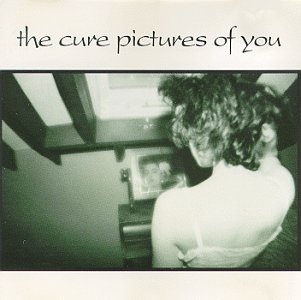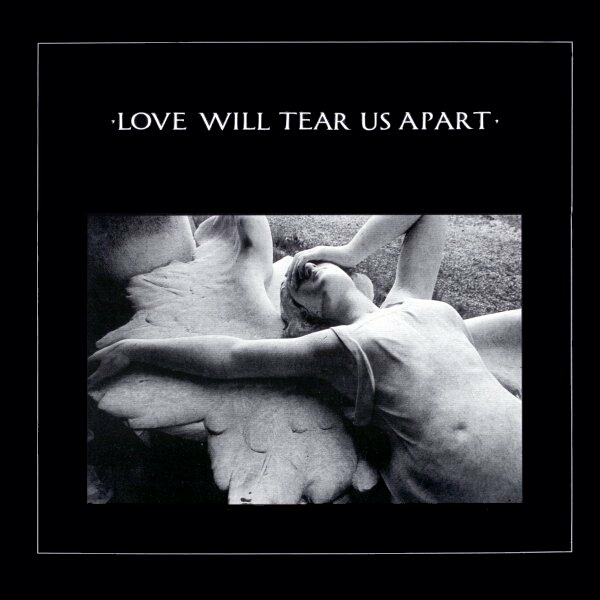Remembering Ian Curtis
I attended public school until the end of junior high, but once I hit the 9th grade, my parents enrolled me into the nearest Catholic high school. I found myself thrust into a brand new school, populated mainly by children from wealthy families, nearly all of whom had grown up together and gone through the same private school system since preschool. I was a 13-year old kid, already feeling the uncertainty and disorientation that comes with that age and the leap to high school, and I was completely out of my element. I was surrounded by kids from an utterly different background, all of whom were ensconced in long-formed cliques. I had little in common with anyone at the school, and as the school was an hour’s bus ride from my home, I didn’t even have any friends in the area to whom I could turn. I could not have been any more lost or alone.
Had my life been a Hollywood teen film, I would have accidentally befriended a popular and wealthy student who would have been enamored of my lower-class upbringing. After some humorous early false-starts, our friendship would have cemented over some exciting incident, and by the final reel, he would have introduced me into high society and I would have spent my remaining high school years enjoying friendship and popularity. I’d like to think I would have dated a cheerleader. However, as I actually dwell in the real world, I made no such friend. Instead, I drifted from one awkward false start to the next, and didn’t form close bonds with anyone; I was too athletic and tough to be a geek, but too poor and punk rock to be popular. I ended up a loner.
I cut class one day early in the school year, and ended up at a nearby record shop. At the shop, I purchased Unknown Pleasures, Joy Division’s first album. I was mesmerized by its iconic Peter Saville pulsar cover; that somber image summed up my mood so precisely that I bought the record without even being fully aware of who the band were. I carted the record around town with me for the remainder of the day, not quite sure what I had, but hoping it would live up to its promise. How could it not? Those stark, white lines radiating from the all-black background promised something foreboding and otherworldly; that night at home, I was at last able to play the record. From the opening line, I was entranced.
I’ve been waiting for a guide to come and take me by the hand.
I played the record over and over that night; as soon as side B finished I would flip it back over and play it from the beginning. In the voice of Ian Curtis, I had found poetry that spoke directly to my sense of isolation, and thus began a long-lasting fascination with not only the band’s music, but the singer and his life. When I learned shortly thereafter that Ian Curtis had committed suicide, the bond only grew tighter. Perhaps paradoxically, even though his lyrics were so often grim, and spoke of fear, disillusionment, and helplessness, I found something life-affirming in them. This man, who had felt so deeply the sorrows about which had sung that he had killed himself, somehow came to represent hopefulness to me. My fascination with Curtis and his music lasted well past my awkward adolescent years; just look at the title I chose for my blog.
Today marks the 30th anniversary of Ian Curtis’ death. In the three decades since his departure, his influence and legend have only grown. Joy Division, a band virtually unknown when I was in high school, today enjoys huge popularity. Movies have been made about the band, and about Curtis’ life, and it would not be a stretch to say that the band today enjoys more popularity than ever before. Yet to me, Ian Curtis and Joy Division remain a very personal facet of my life. When I had nothing of substance, Ian Curtis gave me something of depth in which to immerse myself, and offered a beacon of hopeful light at the end of what had once been Stygian emptiness.

Ian Curtis (15 July 1956 – 18 May 1980)
Love Will Tear Us Apart



